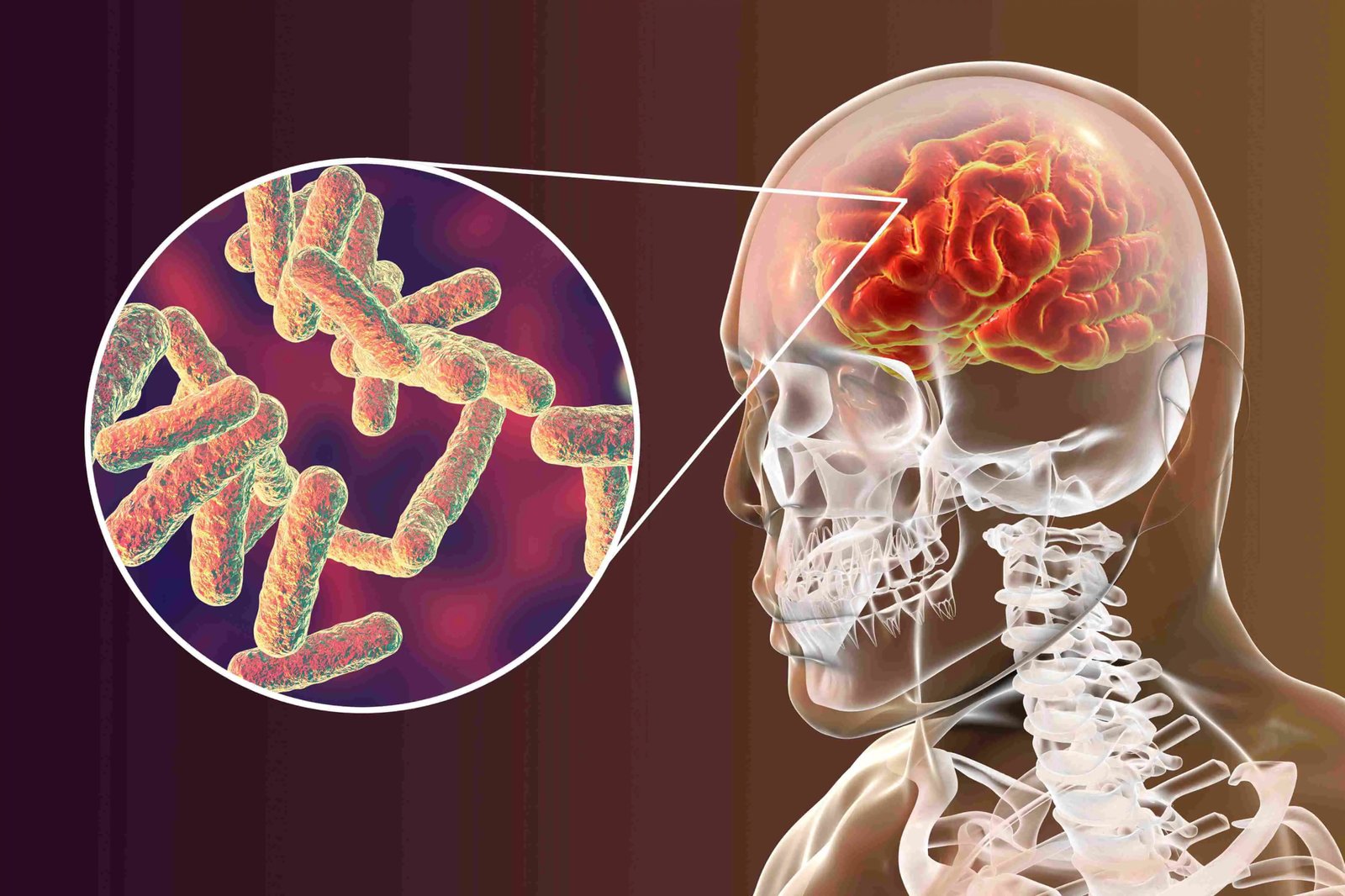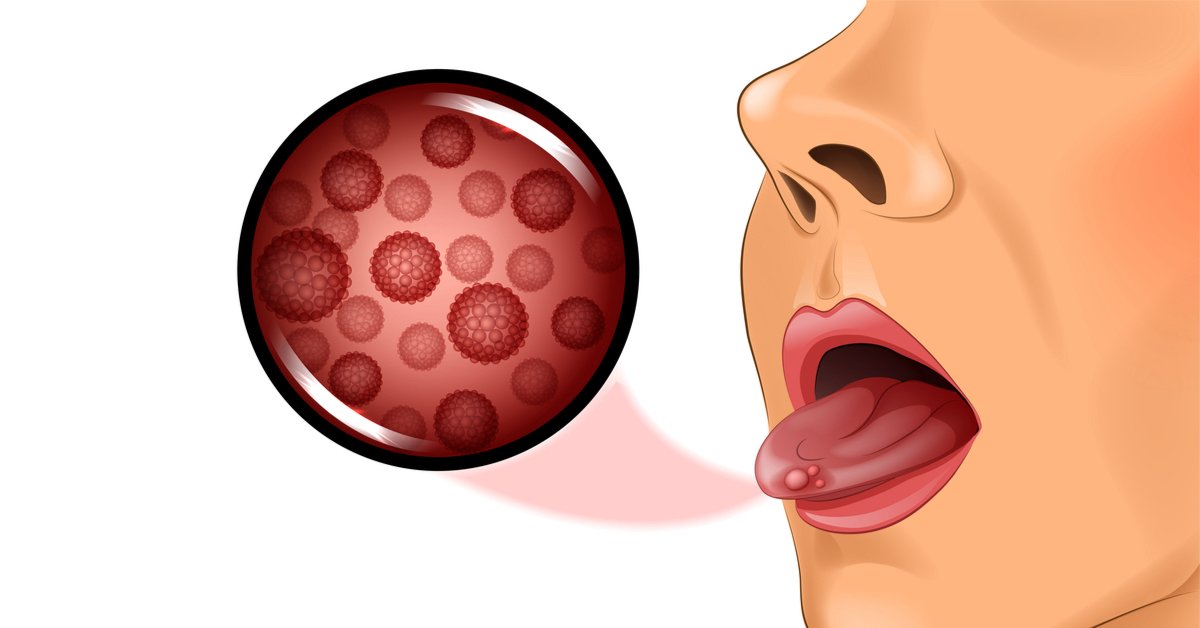Meningitis is a potentially life-threatening illness that occurs when the protective membranes surrounding the brain and spinal cord, known as the meninges, become inflamed. This inflammation can result from infections caused by bacteria, viruses, fungi, or other microorganisms, making it a serious medical emergency that requires prompt treatment. In this article, we will explore the causes, symptoms, treatment options, and preventative measures for meningitis, shedding light on how individuals can protect themselves from this dangerous disease.
What is Meningitis?

Meningitis is an inflammation of the meninges, which are the membranes that surround and protect the brain and spinal cord. The inflammation can lead to serious complications, including brain damage, hearing loss, and even death if left untreated. There are several types of meningitis, the most common of which include bacterial, viral, fungal, and parasitic meningitis. Each type of meningitis presents differently in terms of severity and treatment.
Types of Meningitis
- Bacterial Meningitis:
Bacterial meningitis is the most severe form of the illness and can be fatal if not treated promptly. It is caused by various bacteria, such as Streptococcus pneumoniae, Neisseria meningitidis, Haemophilus influenzae, and Listeria monocytogenes. It is transmitted through respiratory droplets, especially in close-contact environments. Bacterial meningitis can cause permanent brain damage or death within hours, making rapid diagnosis and treatment crucial. - Viral Meningitis:
Viral meningitis is more common but generally less severe than bacterial meningitis. It is caused by viruses such as enteroviruses, mumps virus, herpes simplex virus, and others. Most cases of viral meningitis resolve on their own without specific medical treatment, although some patients may need hospitalization for supportive care. - Fungal Meningitis:
Fungal meningitis is rare and typically affects individuals with weakened immune systems, such as those with HIV/AIDS. It is caused by fungi like Cryptococcus, Candida, and Histoplasma. Fungal meningitis can be life-threatening if left untreated but is less common than bacterial and viral forms. - Parasitic Meningitis:
Parasitic meningitis is extremely rare and is caused by parasites such as Naegleria fowleri, which can be contracted through contaminated water. This form of meningitis is often fatal, and prevention involves avoiding exposure to warm freshwater in areas where the parasite is common.
Symptoms of Meningitis

The symptoms of meningitis can appear suddenly and escalate rapidly. Common signs include:
- High fever
- Severe headache
- Neck stiffness
- Nausea and vomiting
- Sensitivity to light (photophobia)
- Confusion or difficulty concentrating
- Seizures
- Fatigue and lethargy
In infants, additional symptoms may include:
- Constant crying
- Poor feeding
- Unusual irritability
- Bulging soft spot on the head (fontanel)
- Inactive or sluggish behavior
Because meningitis symptoms can resemble those of the flu, many people delay seeking medical care. However, this delay can lead to severe complications, making it essential to seek medical attention as soon as symptoms appear.
Diagnosis and Treatment of Meningitis
To diagnose meningitis, doctors will typically conduct a lumbar puncture (spinal tap) to obtain cerebrospinal fluid (CSF) for analysis. Other diagnostic tools include blood tests, imaging scans (such as CT or MRI), and a thorough physical examination.
The treatment for meningitis varies depending on the cause:
- Bacterial Meningitis: Requires immediate antibiotic treatment, often with hospitalization. Early treatment can prevent serious complications or death.
- Viral Meningitis: Typically requires supportive care, such as rest, fluids, and over-the-counter pain relievers. Severe cases may require hospitalization, especially in individuals with compromised immune systems.
- Fungal Meningitis: Treated with antifungal medications, often administered intravenously. Treatment can be prolonged and is particularly challenging for immunocompromised patients.
- Parasitic Meningitis: Treatment is often supportive, as specific medications for parasitic meningitis are limited. Prevention by avoiding high-risk environments is the most effective strategy.
Complications of Meningitis
Meningitis can lead to long-term complications if not treated promptly. These complications may include:
- Hearing loss
- Brain damage
- Learning disabilities
- Seizures
- Kidney failure
- Amputation (in severe cases of bacterial meningitis)
Early diagnosis and treatment are essential to reduce the risk of these complications.
Prevention of Meningitis
Preventing meningitis involves several strategies, including vaccination, good hygiene practices, and avoiding high-risk environments. Key preventive measures include:
- Vaccination:
Vaccines are highly effective in preventing certain types of bacterial meningitis. These include the meningococcal, pneumococcal, and Haemophilus influenzae type b (Hib) vaccines. Vaccination is especially important for children, adolescents, and people living in close-contact settings like dormitories or military barracks. - Good Hygiene:
Practicing good hygiene can help reduce the risk of contracting viral and bacterial meningitis. This includes regular handwashing, avoiding sharing drinks or utensils, and covering the mouth and nose when coughing or sneezing. - Healthy Lifestyle:
Maintaining a healthy immune system through a balanced diet, regular exercise, and adequate sleep can help lower the risk of meningitis and other infections. - Avoiding Risky Activities:
In areas where parasitic meningitis is a risk, such as warm freshwater lakes and rivers, it’s important to avoid swimming or submerging your head in the water.
Conclusion
Meningitis is a serious and life-threatening disease that can affect anyone, regardless of age or health status. Understanding the causes, symptoms, and preventive measures for meningitis can help individuals reduce their risk and seek prompt medical care when necessary. With the availability of vaccines and advancements in medical treatment, many forms of meningitis can be effectively prevented or treated. However, early recognition and quick action are essential in minimizing the impact of this dangerous illness.
References:
- Centers for Disease Control and Prevention (CDC). (n.d.). Meningitis: Causes, Symptoms, and Prevention. Retrieved from CDC Website
- Mayo Clinic. (n.d.). Meningitis: Symptoms and Causes. Retrieved from Mayo Clinic Website
- World Health Organization (WHO). (n.d.). Meningococcal Meningitis. Retrieved from WHO Website




